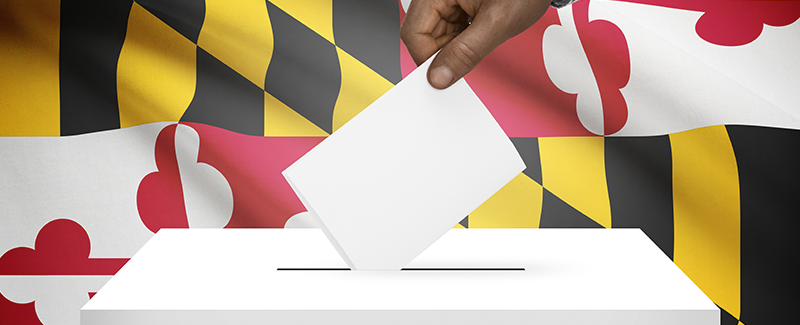The advantages of a clean record go way beyond what most people realize. The sad fact is that one simple mistake can take years and years to recover from. One of the biggest downfalls of a messy criminal record is that people miss out on employment opportunities. The second an employer sees that you checked the box saying you’ve been charged with a felony, your application is oftentimes thrown out the window.
A new Boise bill that was unanimously approved requires employers to consider someone’s qualifications for a position before asking them to disclose their criminal history. The bill is being called the Fair Chance Employment Act and it aims to help those who have been previously incarcerated return to the workforce. A lot of applicants with criminal records are taken out of consideration before the rest of their application is even read—the Fair Chance Employment Act states that an employer can’t ask about prior convictions until the applicant has been deemed a potential job candidate.
Those who have done their time and paid their debt to society should be welcomed back into the workforce. Imagine being convicted of a non-violent offense at the age of 20 and suffering from it until you’re old and grey. That’s not the way our criminal justice system should operate. People can find themselves in the wrong places at the wrong times, people can make mistakes, and people can act without thinking—especially when they’re young. These people deserve the chance to reintegrate back into society without falling victim to the growing recidivism rates.
If you have a criminal record that’s holding you back, Easy Expunctions might be able to help you out. We offer a free background check to get you started, and then work directly with you to find charges that qualify for expungement. A 20-year-old mistake can come back to haunt you at any time, so it’s highly beneficial to make sure your mistakes are wiped clean. Visit www.easyexpunctions.com to learn more about our multiple, affordable, record-clearing packages.











